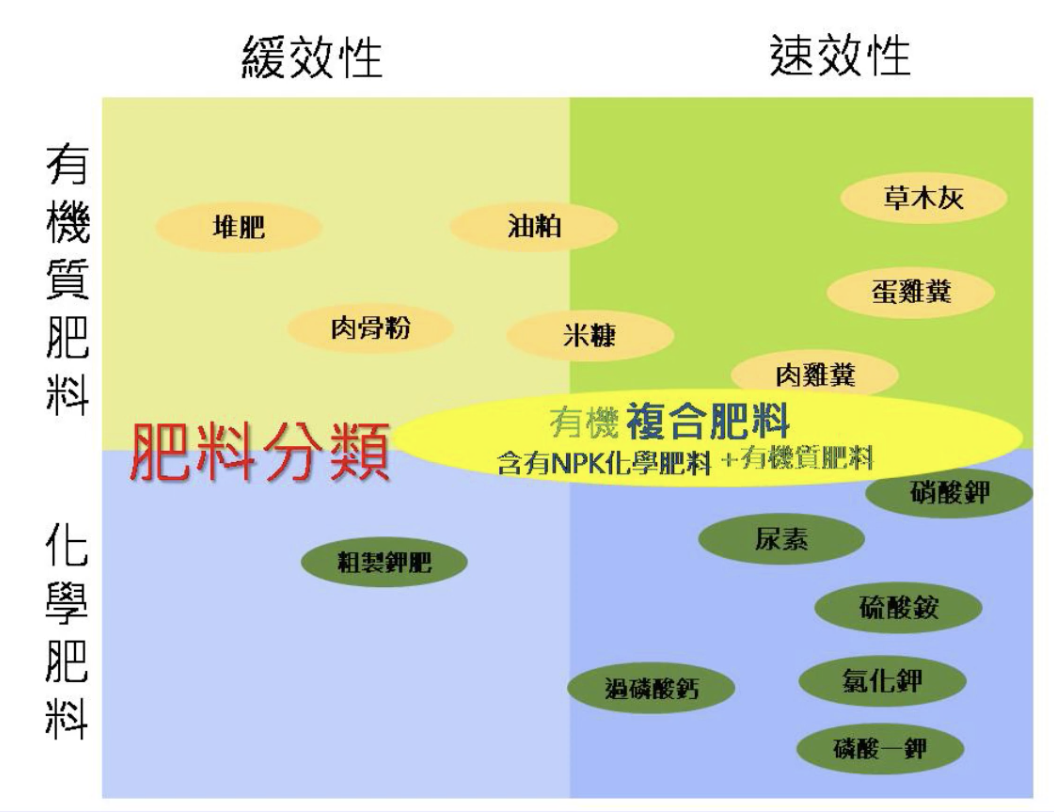In order to obtain the greatest economic benefits in the shortest time, agricultural production today tends to be mechanised and uses a large amount of chemical fertilisers and pesticides in the production process. The production of chemical fertilisers and pesticides creates a huge ecological footprint. Intensive production and chemicals will damage the natural ecosystem and directly endanger the health of farmers, consumers and wildlife.
Organic farming focuses on the recycling of natural resources, abandoning the use of petroleum by-products such as chemical pesticides or chemical fertilizers, and using natural farming methods to maintain water and soil and produce healthy crops. It is based on the rhythm of nature, which not only reduces unnecessary resource consumption and waste emissions, but also maintains the regeneration capacity of the natural system.
Organic farming is a method of farming that is in harmony with the natural environment, growing a variety of crops and coexisting in harmony with nature's biodiversity:
- No use of chemical pesticides, chemical fertilisers
- Planting arrangements are based on natural seasons and environment
- Maintaining soil long-term productivity
- Avoid damage to the ecological environment
- Reduce energy consumption
Commonly used organic fertilisers
Nr. Chen Xingzong #Organic fertilizer improves farmland fertility: #Fertilizer classification, Msc. Master of Soil and Environmental Science, National Chung Hsing University / CEO of Taiwan Excellent Agriculture Co., Ltd.
| fertilizer | Nutrition provided | Benefits to plants |
|---|
| Peanut bran | Nitrogen fertilizer | Promotes leaf growth |
|---|
| bone meal | Phosphate fertilizer | Promote flowering and fruiting |
|---|
| plant ash | Potassium fertilizer | Promote the synthesis and transport of carbohydrates in plants |
|---|
| compost | Organic matter | Complete nutrients and can improve soil quality |
|---|
| Fish Fertilizer | Various elements, organic matter | Promotes absorption and maintains plant health |
|---|















